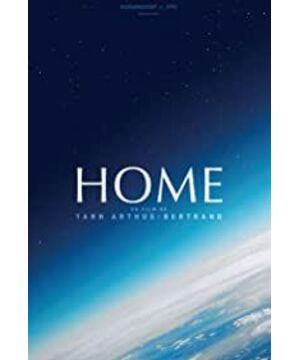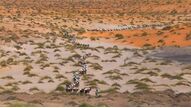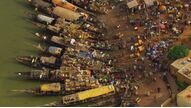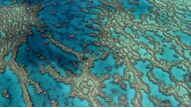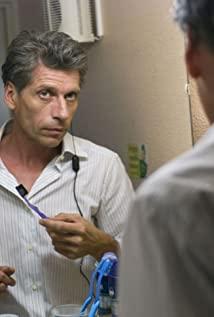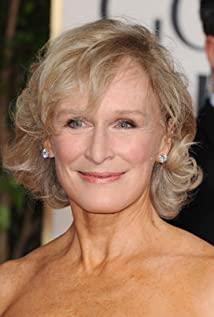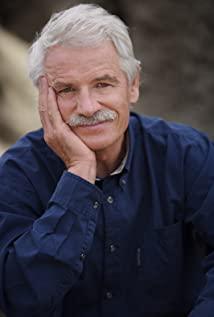Like many documentaries, from the birth of the earth to the origin of human beings, the beauty and health before the earth are first presented to attract attention, and then I will tell you what human beings have done in the past century, and then use the earth's riddled disease body to photograph people Heart and soul. The film is brilliant in the perfect combination of soundtrack and picture. In addition, at the beginning of the film, it was pointed out that 88,000 staff members from all over the world contributed to the film, which really made the content of the film quite rich. The film is like a huge trap. It begins to attract you with beautiful pictures and melodious music. Once you step into it, the cruel facts and tragic pictures combined with the captivating music will bind you firmly. I really feel like I can't breathe and my heart beats fast.
Why did this movie have such an impact on me? I don't need to say more about the significance of environmental protection, everyone on earth has a share. The key is that the scientific examples used in the film are not far from 2050. For example, it is mentioned in the film that if we do not change ourselves, by 2050, there will be no fish in the ocean. Another example is that if we don't do something, by 2030, all the glaciers in Greenland will have melted, and then the sea level will be 7 meters higher than it is now. In the last century, when we heard about the 2000s, it felt like it was still in a sci-fi movie, but now 2009 is half over. It will be only 20 years by 2030, and 40 years by 2050. And what humans have destroyed in the past 50 years is the energy accumulated on the earth for 5 billion years or more. Give us 40 years, and there is no guarantee that there will be fish to eat at that time. Sometimes when it comes to these numbers, it feels like scientists are scaring people. But in fact, danger is approaching. Last time we went to the east coast of England for a holiday, the hotel we stayed in was close to the cliff, the scenery was quite charming, and the business was quite hot during the peak season. But the hotel has plans to close because the coastline has been receding after the sea has risen for the past 20 years, and all the offshore structures in this area are dangerous and people have moved out. Guess I have no chance to live there anymore. If I am fortunate enough to be alive by 2050, then it will be fine for me to have no fish to eat. After all, I have eaten for more than 60 years before, but what about my children, and the children of children? Parents all want their children to be good, but my parents gave birth to me during the baby boom. Like many novels written in the post-80s generation, from birth, I was fighting for beds in the hospital, competing for positions in schools, and fighting for jobs in society. , life is not easy. But now it seems that my generation has been considered lucky, and the next generation may not even be able to eat fish. Thinking of this, I am very afraid, afraid of bringing my child into the world under public opinion and secular standards. If this world is not so cruel, but if I come to suffer for a lifetime, I would rather bear the blame and pressure myself, so that my children will not blame me in the future. .
Of course, the more you think about things, the worse they get. It's better to take action while you still have time to do some remedial measures within your ability. At the end of the film, it is also pointed out that many countries and public welfare groups have already taken action to save our homeland, so we should still maintain the hope of having fish to eat in 2050, and actively start from the little things around us, starting from sorting garbage and eating vegetarian food. .
View more about Home reviews


